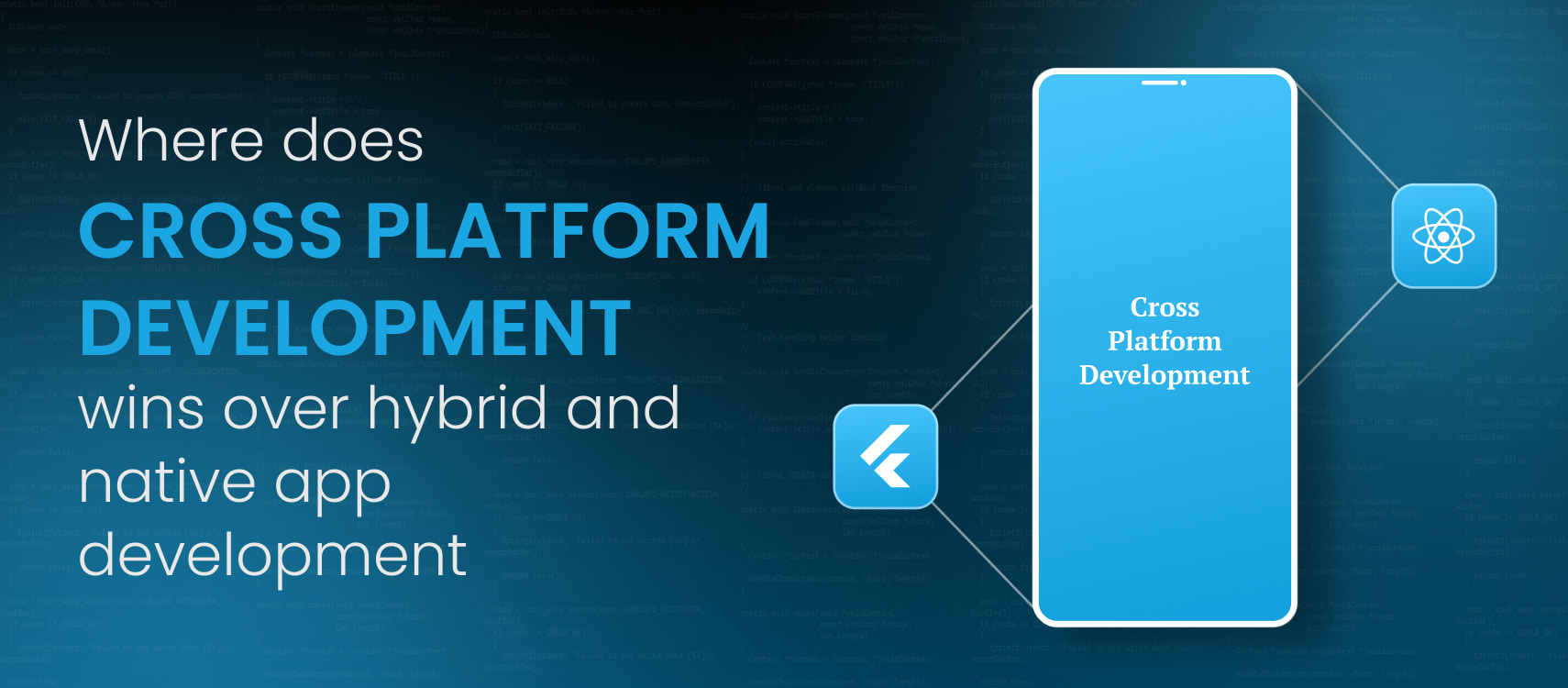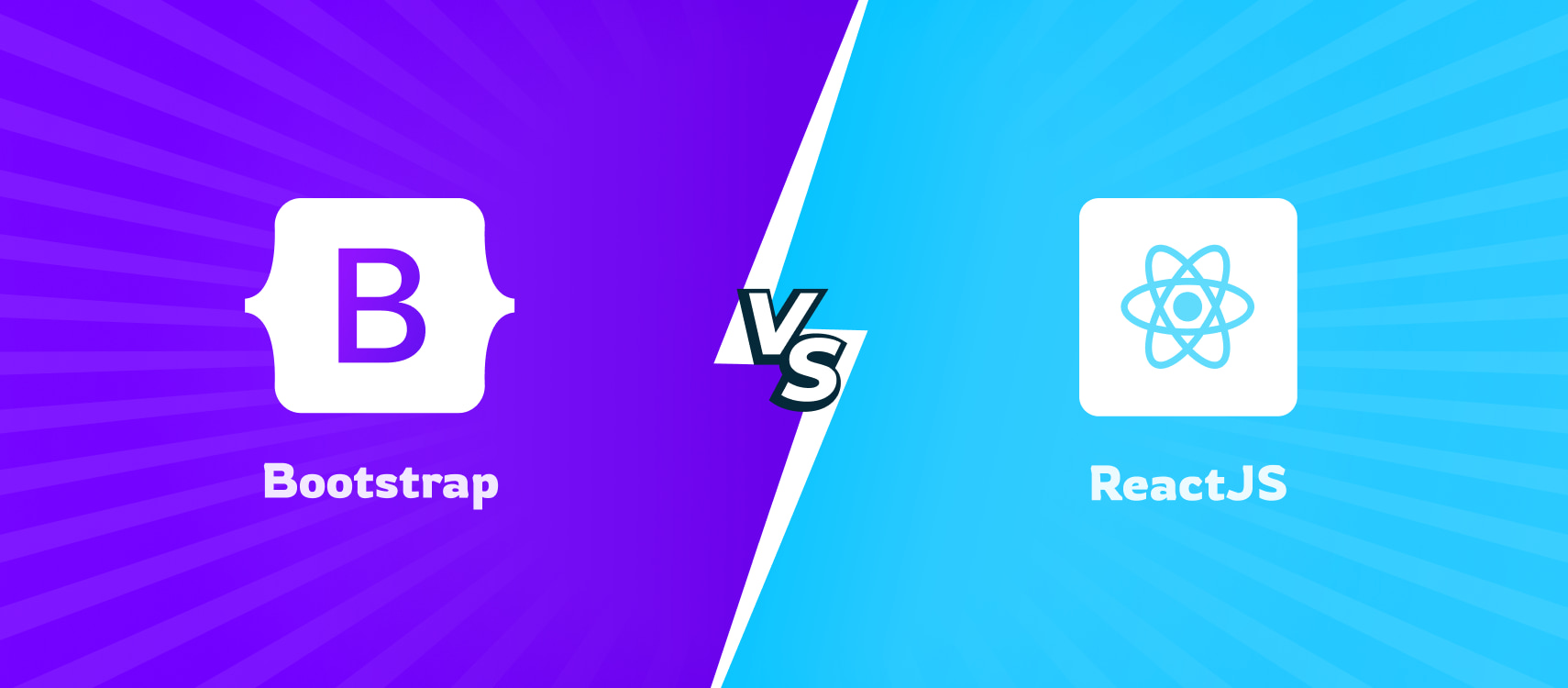Table of Contents
- Cross-Platform Development Solution
- Hybrid App Development Flaws
- Cross-Platform Beating Native
- Summarising
In the ever-evolving landscape of mobile app development, businesses face a crucial decision: choosing the most suitable development approach to create applications that resonate with their target audience. Three prominent methodologies include cross-platform app development, hybrid app development, and native app development.
In this brief and well-articulated post, we will try to explain why businesses hire cross-platform app developers, exploring the scenarios where cross-platform approach outshines hybrid and native app development.
Cross-Platform Development: A Solution for All App Projects
A cross-platform app development company can streamline app creation across multiple platforms, enabling businesses to create a single codebase that can be deployed on various operating systems. This approach is particularly advantageous in scenarios where uniformity and efficiency are paramount.
Cost Efficiency and Time Savings:
Building separate native apps for different platforms often requires distinct development teams, each proficient in their respective technology stacks. Cross-platform development, however, eliminates the need for platform-specific teams, significantly reducing development costs and time-to-market. By sharing a common codebase, developers can work collaboratively and efficiently, ensuring quicker app deployment and updates.
Consistent User Experience:
Cross-platform development empowers businesses to maintain a consistent user experience across diverse platforms. A unified user interface (UI) and user experience (UX) design can be implemented seamlessly, enhancing brand identity and usability. Users interacting with the app on various devices will encounter a consistent and familiar environment, boosting engagement and loyalty.
Broad Audience Reach:
In a mobile landscape dominated by different operating systems, cross-platform development facilitates broader audience reach. Businesses can effortlessly tap into multiple markets without the constraints of platform-specific development, capturing users on iOS and Android alike. This broader reach translates to increased visibility, higher download numbers, and potentially greater revenue streams.
Reduced Learning Curve:
Cross-platform development leverages web technologies such as HTML, CSS, and JavaScript, making it accessible to a broader pool of developers. Businesses can tap into existing talent with these skills, eliminating the need for specialized platform-specific expertise. This reduced learning curve facilitates quicker onboarding and development.
The Shortcomings of Hybrid App Development
Hybrid app development, which combines elements of web and native app development, offers its own set of advantages but comes with limitations that cross-platform development can overcome.
Performance and User Experience:
Hybrid apps often struggle to match the performance and user experience of native apps. While they provide a middle ground between web and native apps, they may exhibit slower loading times, subpar graphics, and limitations in utilizing device features and functionalities. Cross-platform development, with its ability to produce native-like experiences, mitigates these performance concerns.
Limited Access to Device Features:
Hybrid apps rely on web technologies, which can limit their access to certain device features and capabilities. This can hinder the creation of feature-rich, innovative apps that fully utilize a device’s potential. Cross-platform development’s support for native APIs ensures that developers can harness the full range of device functionalities, resulting in more immersive and versatile app experiences.
App Store Approval Challenges:
Some app stores, notably Apple’s App Store, may have stricter guidelines for hybrid apps. Such apps may face challenges during the approval process due to perceived performance issues or deviations from native design principles. Cross-platform development’s focus on delivering high-quality native experiences can help mitigate these approval hurdles.
When Cross-Platform Development Surpasses Native Development
While native app development is renowned for its ability to harness platform-specific features and optimizations, cross-platform development offers distinct advantages in certain contexts.
Resource Constraints:
Small to medium-sized businesses often face resource constraints, making cross-platform development an attractive option. It allows them to create competitive, feature-rich apps without the need for separate development teams for each platform. This approach enables resource-conscious businesses to allocate funds and personnel more efficiently.
Prototyping and MVP Development:
For businesses seeking rapid prototyping or the development of Minimum Viable Products (MVPs), cross-platform development shines. The streamlined development process allows for quicker iterations, enabling businesses to validate ideas and gather user feedback before committing extensive resources to platform-specific development.
Content-Centric Apps:
Cross-platform development is particularly well-suited for content-centric apps, such as news readers, e-commerce platforms, and educational apps. These apps rely heavily on content delivery and user engagement, areas in which cross-platform development’s efficiency and consistent UI/UX can yield impressive results.
Startups and Emerging Markets:
Startups and businesses targeting emerging markets can leverage cross-platform development to swiftly penetrate multiple platforms. The ability to launch on multiple platforms simultaneously can accelerate market entry and adoption, enabling businesses to establish a foothold and gain momentum more rapidly.
Summarising
In the intricate landscape of mobile app development, the choice between cross-platform development, hybrid app development, and native app development is never blurred. Cross-platform development emerges as a powerful contender, offering cost efficiency, consistent user experiences, broader audience reach, and streamlined maintenance. This approach is particularly well-suited for resource-constrained businesses, content-centric apps, and startups seeking rapid market entry.
While hybrid app development and native app development have their merits, cross-platform development’s ability to deliver high-quality, native-like experiences while maximizing efficiency and reach is unparalleled.










